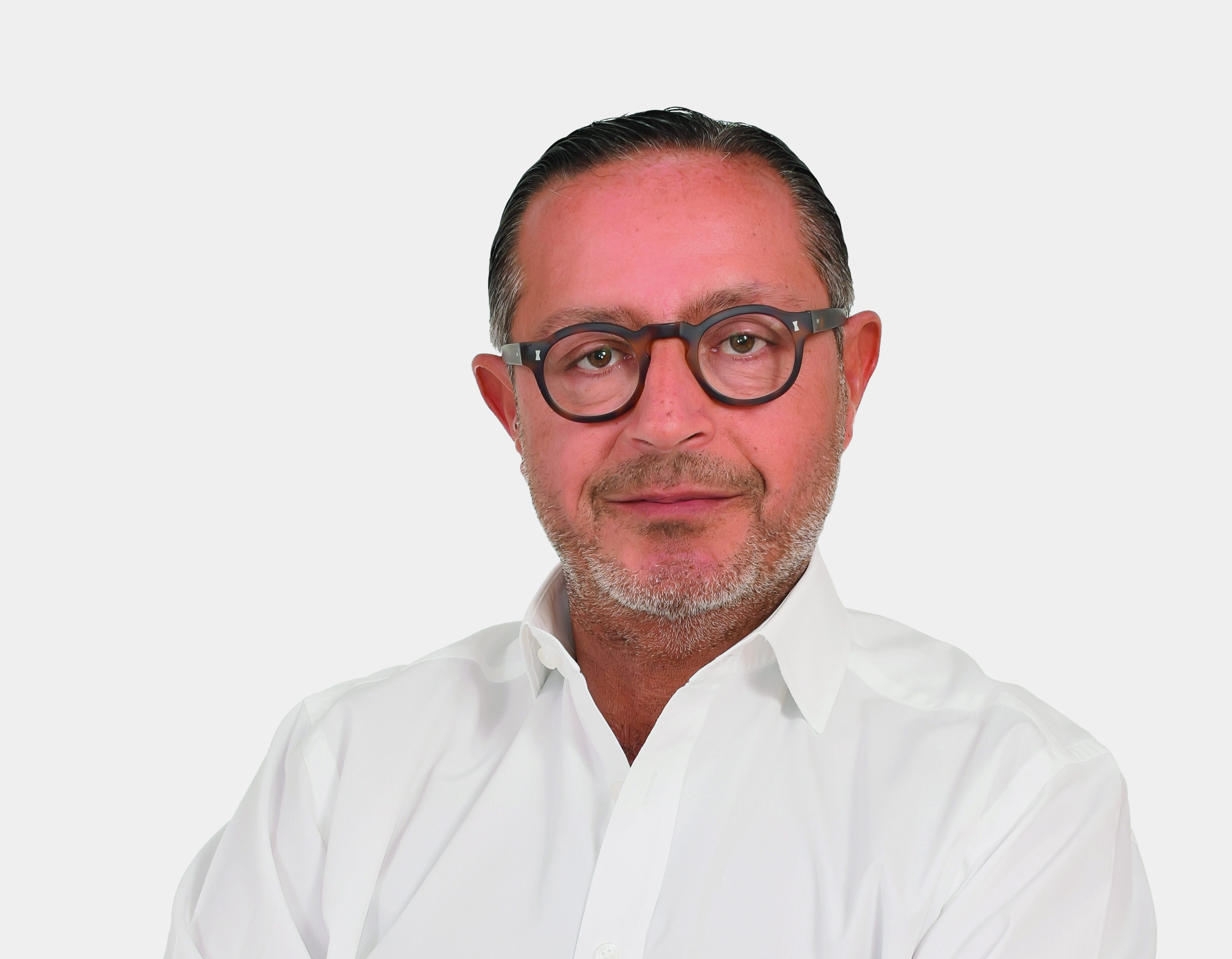
In an interview with CNN’s Becky Anderson earlier this year, Shamma Al Mazrui articulated what so many of us feel as we bear witness to the climate emergency engulfing the world that we live in. “Young people are the most affected by climate change,” said the Youth Climate Champion for COP28. “Their futures, their income, their families, their sense of security are all at stake.”
Al Mazrui’s words struck a chord with people like me who are increasingly aware of our responsibility to take action and do better in protecting our planet for future generations. My children, born in 2002, have lived their entire lives in a world where there is indisputable evidence of the cause and effect of climate change. Their birth year was at the time the second warmest on record and, despite some positive steps taken for meaningful action such as the Paris Agreement following COP21, here we are 20 years later and the headlines and scientific facts about climate change are worse, not better.
In wanting my children and future generations to live in a better world, I have educated myself on what I can do at a personal level to minimise my own carbon footprint, whether that’s doing the basics at home such as being diligent at recycling, or at work by making our office space as green as possible. And I am not alone. Recent research shows that CNN’s audiences share both my concern about the environment and a desire to make a positive difference. A recent study found that, after inflation, climate change is the second topic that our audiences are most concerned about in 2023. This concern is impacting their behaviour, both in their personal and professional lives. 75 per cent of our audience agree that ‘responsible’ sustainable financial is important in their company’s investment decisions, and around two-thirds work in companies that are transitioning to alternative fuels and energies and have signed up for net zero emission goals.
It is completely understandable that when we think of climate change we focus on its causes and effects – from overuse of fossil fuels and drastic deforestation, to the changing volatile weather conditions and increased droughts. These are important, powerful and harrowing news stories. But they can also be overwhelming and leave people devoid of optimism about the positive impact that governments, businesses and individuals can make. As a news network, CNN covers all aspects of the climate story alongside the wider news agenda, from US and international politics to the war in Ukraine. Indeed, the climate and related topics such as energy provision and food security are integral to many of these stories. As well as going to all corners of the Earth to tell these stories, CNN journalists are also committed to showing the impact that can be made through positive change and solutions-based action.
CNN’s founder Ted Turner is a renowned environmentalist and I recommend anyone to watch the award-winning documentary Captain Planet which documents his extensive work in this space. That documentary ran as part of a landmark network initiative on CNN called Call to Earth. This inspirational series shines a light on those committed to safeguard our planet for future generations. Over the last four years, it has told the stories of change-makers, visionaries and ground-breaking projects making a difference to the world around them, and it has engaged with hundreds of schools and organisations (including many here in the Middle East) through Call to Earth Day – an annual event to raise awareness of environmental issues and to engage with conservation education.
Which brings to me to why COP28 is so important to CNN and our audiences. It is a fact that the world is at a time of necessary change as COP28 is being billed as the most important COP since Paris in 2015. This isn’t hyperbole, and the UAE as the host country is taking bold steps in its commitments to the event and the wider climate issue – whether it’s the diplomatic work that is being undertaken ahead of COP28 or the UAE’s own adaption of important policies such as ADNOC’s decarbonisation strategy, the UAE’s net zero strategy for 2050, and its role in unlocking climate finance for climate vulnerable communities.
When I look ahead to COP28, themes that stand out to me include collaboration, hope, action, inclusivity, governance and education. These tenets have the potential to show the world a new COP and drive the narrative forward on climate action. They also resonate with our audiences because they speak directly to people around the world who share my concerns about future generations and want to make a difference.
As a network with global reach and a long history in climate reporting, CNN is uniquely placed to be at the heart of how the world understands not just COP28 itself, but also what brought us to this moment and – hopefully – the lasting legacy that it can have. That is why COP28 will be central to the news agenda for the rest of this year and beyond. CNN is poised and ready to tell the story of what takes place this December and, believe me, the world will be watching because now is a time for change, and our future generations are dependent on a positive outcome.
By Marwan Kai, CEO of MIS Gulf









